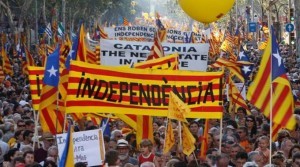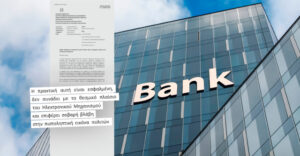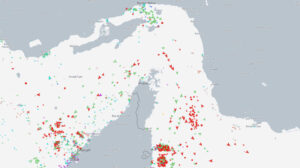Catalonia will move on Monday to declare independence from Spain following Oct. 1’s banned referendum as the European Union nation nears a rupture that threatens the foundations of its young democracy.
Mireia Boya, a Catalan lawmaker from the pro-independence Popular Unity Candidacy (CUP) party, said on Twitter that a declaration of independence would follow a parliamentary session on Monday to evaluate the results of the vote to break away.
“We know that there may be disbarments, arrests … But we are prepared, and in no case will it be stopped,” she said.
Catalan President Carles Puigdemont earlier said he would ask the region’s parliament to declare independence following the poll, which Spain’s government and constitutional court say was illegal and in which only a minority of Catalans voted.
“This will probably finish once we get all the votes in from abroad at the end of the week and therefore we shall probably act over the weekend or early next week,” he told the BBC in remarks published on Wednesday.
In an interview with German newspaper Bild, Puigdemont said he already felt like “a president of a free country where millions of people have made an important decision”.
He said the Madrid government’s refusal to negotiate had left Catalonia “no other way” than to declare independence and accused it of authoritarianism.
“The Spanish government is letting political opponents be arrested, it is influencing media and blocking Internet sites. We are under observation day and night,” Puigdemont said.
“What is that other than an authoritarian state?”
Spain was only restored to democracy following the death in 1975 of dictator Francisco Franco, under whom the Catalan language and traditions were suppressed.
The constitutional crisis in Spain, the euro zone’s fourth-biggest economy, has shaken the common currency and hit Spanish stocks and bonds, sharply raising Madrid’s borrowing costs.
The cost of insuring against potential losses on Spanish bank debt and Spanish, Italian and Portuguese sovereign debt has also jumped, suggesting an impact on the wider euro zone.
Bank stocks were hit especially hard as the Ibex stock index .IBEX, fell below 10,000 points on Wednesday for the first time since March 2015. In a sign of the nervous public mood, Catalonia’s biggest bank, Caixabank (CABK.MC), and Spain’s economy minister had earlier sought to assure bank customers that their deposits were safe.
Influential Catalan business lobby Cercle d‘Economia said it was extremely worried by the prospect of Catalonia declaring independence and called for both sides to start talks.
“Such a declaration would plunge the country into an extraordinarily complex situation with unknown, but very serious consequences,” the group said in a statement.
source: reuters
Ask me anything
Explore related questions





